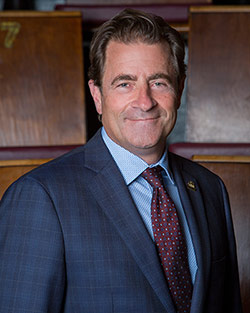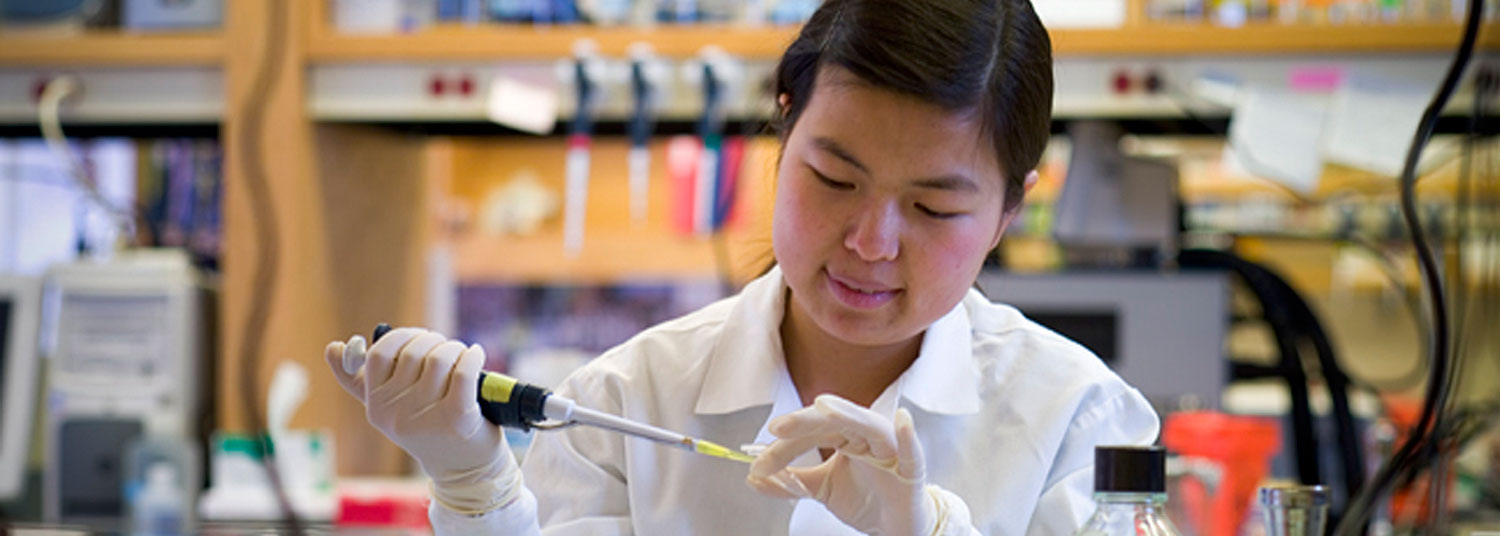May 11, 2023
Becomes ‘Department of Neurobiology’ Under Leadership of Chair Asaf Keller, PhD
UMSOM Dean Mark T. Gladwin, MD, along with Asaf Keller, PhD, the Donald E. Wilson, MD, MACP, Distinguished Professor and Chair announced today that the Department of Anatomy and Neurobiology will officially change its name to the Department of Neurobiology. The change, which was approved by the Faculty Council and the Executive Committee, is consistent with many top medical schools dropping “anatomy” from the name and re-focusing the department name on the research conducted by its faculty, specifically in the growing field of Neurobiology.
 Initially, from the School’s founding in 1807 until 1860, the Department was named “Anatomy & Physiology.” Then, in 1913, the name became “Department of Anatomy,” and in 1984 “Neurobiology” was added.
Initially, from the School’s founding in 1807 until 1860, the Department was named “Anatomy & Physiology.” Then, in 1913, the name became “Department of Anatomy,” and in 1984 “Neurobiology” was added.
“The Department will continue to teach Anatomy as a core component of its educational mission,” said Dr. Keller. “However, the department has evolved over the years, beginning when Dr. Mike Shipley was Chair, and ‘Neurobiology’ was added to the Department name to reflect an increased interest in studying the neural organization of the brain,” he said.
“When you look at the current and future research portfolio in our department, we are studying areas such as addiction and motivated behaviors, sensory systems and pain, and aging and neurodegeneration,” he added, “so the new name is much more aligned with our research foci.”
In addition, the UMSOM has now expanded its organizational footprint and prominence in Neuroscience, with three distinct entities studying key aspects of the brain:
The Department of Neurobiology will continue to serve as the academic home for anatomy education and neurobiology research with faculty clusters in Sensory Neurobiology, Motivated Behaviors and Addiction, and Aging and Neurodegeneration.
The UM-MIND, (the University of Maryland Medicine Institute for Neuroscience Discovery, will accelerate translational research of the brain by facilitating interaction between basic and clinical scientists and enhancing collaborative research across the University of Maryland, Baltimore campus and with USMOM partners, MPRC and STAR. The Institute will focus on three pillars of strength: 1) neurodevelopment and neuropsychiatric disorders, 2) neurotrauma and brain injury and 3) aging and neurodegeneration.
 The Graduate Program in Neuroscience, led by Brian Mathur, PhD, Associate Professor in the Department of Pharmacology, trains outstanding graduate students to earn a PhD degree in Neuroscience. It is an interdisciplinary program spanning several Departments in the Schools of Medicine, Dentistry, and Nursing. Alumni of the Program fill top-tier academic, government, and industry positions worldwide.
The Graduate Program in Neuroscience, led by Brian Mathur, PhD, Associate Professor in the Department of Pharmacology, trains outstanding graduate students to earn a PhD degree in Neuroscience. It is an interdisciplinary program spanning several Departments in the Schools of Medicine, Dentistry, and Nursing. Alumni of the Program fill top-tier academic, government, and industry positions worldwide.
The University of Maryland Medical System also has the UM Neuroscience Network, which offers patient care in neurology, neurosurgery and pediatric neurosciences across the University of Maryland Medical System.
“The new department name reflects an accelerated and enduring commitment for and investment in the neurosciences at UMSOM,” said Dean Mark T. Gladwin, MD, who is also Vice President, Medical Affairs and the John Z. and Akiko K. Bowers Distinguished Professor. “Faculty in the Department of Neurobiology will continue to grow their fundamental research in various aspects of modern neuroscience, and will be part of our new UM-MIND Center, where translational research will bridge our clinical strengths with our strengths in fundamental neurobiology. This will result in significant growth in our research excellence, and in solutions to neurological and psychiatric conditions that affect our region and country”.
Contact
Office of Public Affairs
655 West Baltimore Street
Bressler Research Building 14-002
Baltimore, Maryland 21201-1559
Contact Media Relations
(410) 706-5260

